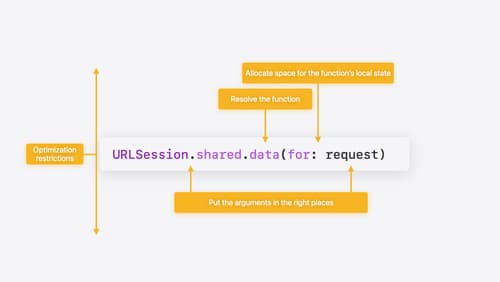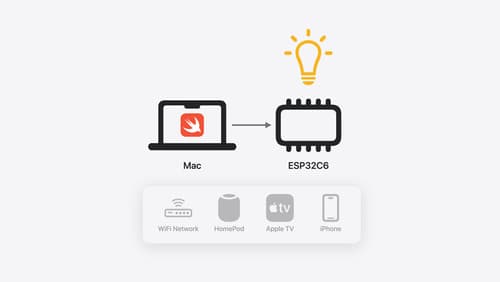how many forms of polymorphism Swift has?
Asked on 2024-08-09
1 search
Swift supports two main forms of polymorphism:
-
Inheritance-based Polymorphism: This is the traditional form of polymorphism found in many object-oriented languages. In Swift, classes support single inheritance, allowing a subclass to inherit from a superclass. Methods in the superclass can be overridden by methods in the subclass, enabling polymorphic behavior.
-
Protocol-based Polymorphism: Protocols in Swift provide a more general way to build abstractions. A protocol defines a set of requirements for a type, and any type that conforms to a protocol must implement those requirements. This form of polymorphism works equally well with both value and reference types, making it a versatile tool in Swift.
These forms of polymorphism allow developers to write flexible and reusable code by abstracting common functionality and enabling different types to be used interchangeably based on shared behavior.

A Swift Tour: Explore Swift’s features and design
Learn the essential features and design philosophy of the Swift programming language. We’ll explore how to model data, handle errors, use protocols, write concurrent code, and more while building up a Swift package that has a library, an HTTP server, and a command line client. Whether you’re just beginning your Swift journey or have been with us from the start, this talk will help you get the most out of the language.

Explore Swift performance
Discover how Swift balances abstraction and performance. Learn what elements of performance to consider and how the Swift optimizer affects them. Explore the different features of Swift and how they’re implemented to further understand the tradeoffs available that can impact performance.

Go small with Embedded Swift
Embedded Swift brings the safety and expressivity of Swift to constrained environments. Explore how Embedded Swift runs on a variety of microcontrollers through a demonstration using an off-the-shelf Matter device. Learn how the Embedded Swift subset packs the benefits of Swift into a tiny footprint with no runtime, and discover plenty of resources to start your own Embedded Swift adventure.
